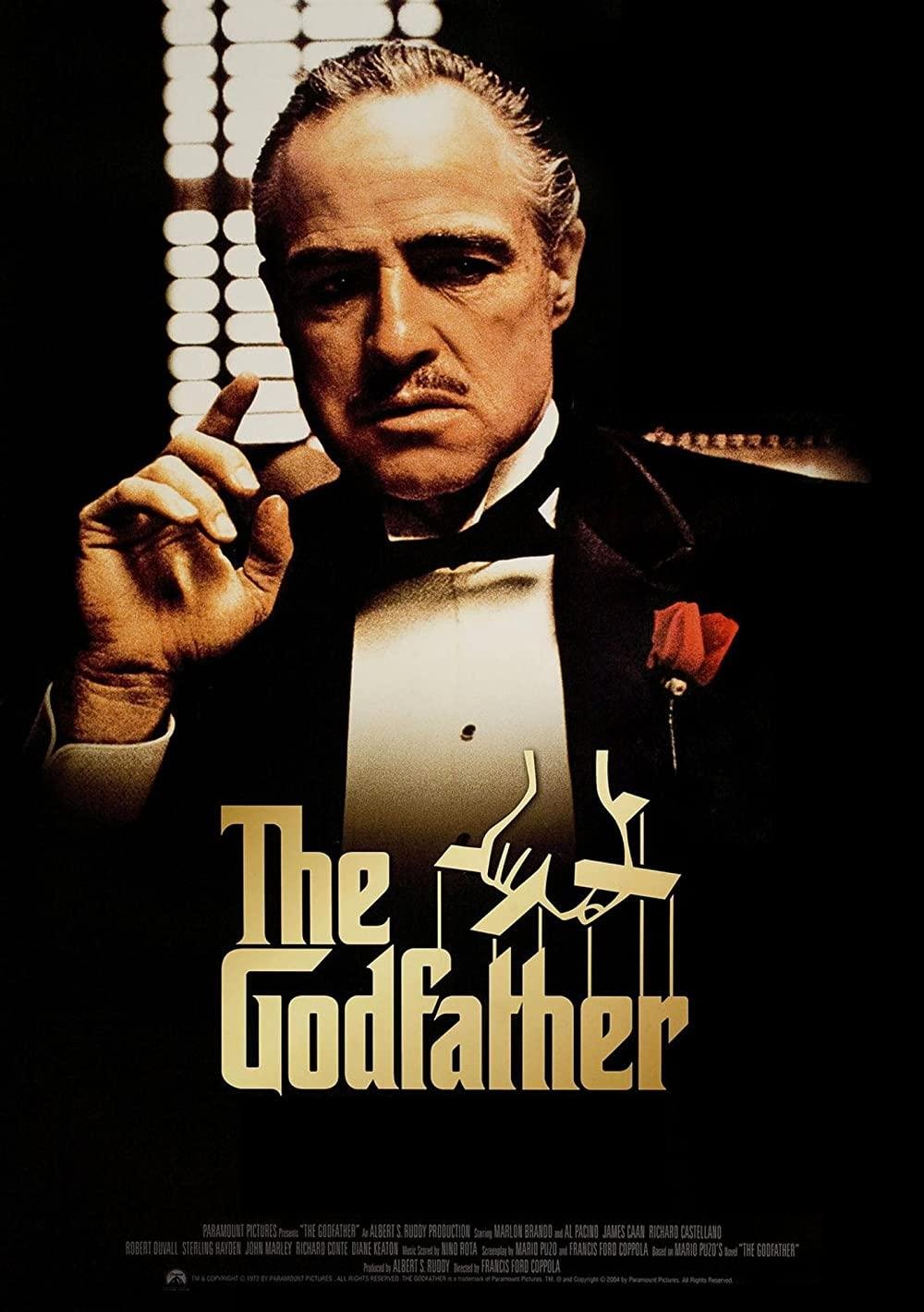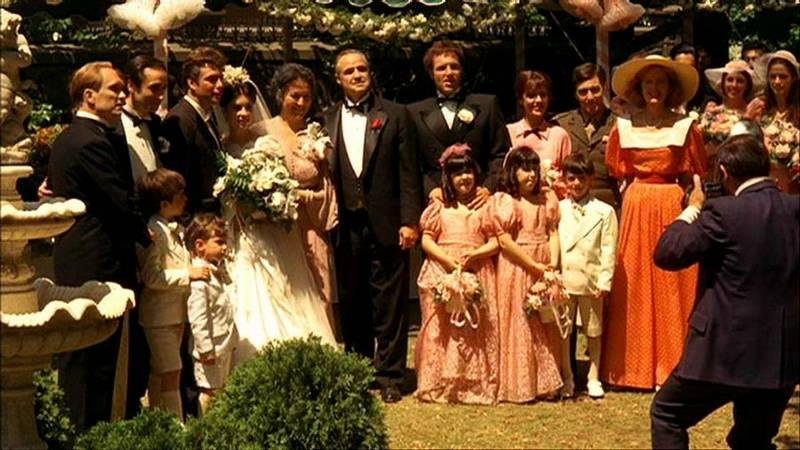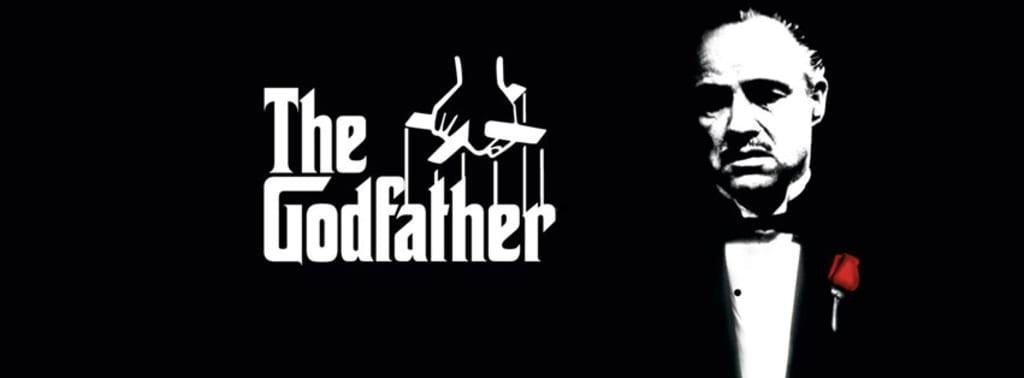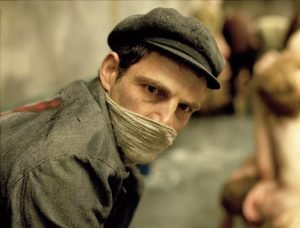“The Godfather”: A Cinematic Masterpiece That Continues to Captivate Audiences Today
“The Godfather” is a timeless cinematic masterpiece that has captivated audiences for decades. Directed by Francis Ford Coppola and released in 1972, the film has become an iconic piece of cinema that continues to be studied and analyzed by filmmakers and movie buffs alike. From its unforgettable characters to its stunning cinematography, “The Godfather” remains a defining moment in the world of filmmaking. In this article, we will delve deeper into the cinematic intricacies of “The Godfather” and explore why it remains a beloved classic to this day.
“The Godfather” is a timeless cinematic masterpiece that has captivated audiences for decades. Directed by Francis Ford Coppola and released in 1972, the film has become an iconic piece of cinema that continues to be studied and analyzed by filmmakers and movie buffs alike. From its unforgettable characters to its stunning cinematography, “The Godfather” remains a defining moment in the world of filmmaking. In this article, we will delve deeper into the cinematic intricacies of “The Godfather” and explore why it remains a beloved classic to this day.

Introduction to “The Godfather”
“The Godfather,” directed by Francis Ford Coppola, is a cinematic masterpiece that has become a cultural icon since its release in 19 Based on Mario Puzo’s novel, the film follows the Corleone family, an Italian-American mafia family, as they navigate the world of organized crime and struggle to maintain their power and honor. It features an outstanding cast, including Marlon Brando, Al Pacino, and James Caan, and is known for its iconic scenes, including the horse’s head in the bed and the baptism sequence. This film has been influential in shaping the cinematic landscape and continues to captivate audiences around the world.
Historical context of the film’s release
The Godfather, directed by Francis Ford Coppola and released in 1972, was a groundbreaking film in terms of storytelling and cinematography. The movie was based on Mario Puzo’s novel of the same name and depicted the Corleone family’s rise to power in the mafia. The historical context of the film’s release was a time of social and political upheaval in America, with the Vietnam War and Watergate scandal dominating the news. The Godfather provided a gritty and realistic portrayal of corruption and violence in American society that resonated with audiences. The film’s success catapulted the careers of many actors involved in the project, including Al Pacino and Marlon Brando.
Overview of the plot and characters
“The Godfather” is a classic crime drama film released in 19 The plot of the movie revolves around the Corleone family, a notorious Italian-American mafia family living in New York. The patriarch of the family, Vito Corleone, played by Marlon Brando, is a powerful and respected man who runs his business with strict ethics and principles. However, when a rival gang tries to assassinate Vito, his youngest son, Michael Corleone, played by Al Pacino, steps up to take control of the family business and protect his family. The film features an ensemble cast of talented actors, including James Caan, Robert Duvall, and Diane Keaton. It explores themes of loyalty, family, and the corrupting influence of power in a compelling and unforgettable way.

Analysis of the film’s themes
When it comes to analyzing the themes in ‘The Godfather’, there are many elements to consider. One of the key themes of the film is the idea of family, both in terms of blood relations and the bonds that form between members of a criminal organization. The film also explores the themes of power, loyalty, and honor, with the characters engaging in complex power struggles and grappling with the consequences of their actions. Additionally, ‘The Godfather’ touches on themes of tradition, identity, and the American Dream, providing a rich tapestry of ideas for viewers to unpack and explore. From the portrayal of Italian-American culture to the stark portrayal of violence and corruption, ‘The Godfather’ remains a powerful and thought-provoking film that continues to captivate audiences today.
The use of lighting and camera work to convey mood
In “The Godfather,” the use of lighting and camera work plays a crucial role in conveying the mood of different scenes. The intense shadows and low-key lighting used in many scenes help to create a sense of foreboding and tension, particularly during moments of violence or confrontation. Meanwhile, the use of muted colors and soft lighting in the film’s quieter moments helps to create a sense of warmth and intimacy. Camera angles and movements also play a significant role in conveying the film’s mood, particularly during pivotal scenes, where dramatic angles and close-ups help to heighten the tension and emotions of the characters involved.
The role of music in the film
The role of music in “The Godfather” film is crucial in setting the tone and enhancing the emotional impact of the story. The iconic theme composed by Nino Rota immediately sets the mood for the film and signals to the audience that they are in for an unforgettable experience. Throughout the film, the music is used to heighten the drama and tension of the scenes, making them all the more impactful. The use of specific music to represent different characters, such as the haunting trumpet solo for the character of Vito Corleone, adds depth and meaning to the story. Overall, the music in “The Godfather” is a prime example of how important a role it plays in the overall success of a film.

The film’s impact on popular culture
“The Godfather” film has had a tremendous impact on popular culture since its release in 19 The film is not only considered a masterpiece in cinematic history but also a cultural phenomenon. Its portrayal of the mafia and Italian-American culture has influenced not only future films but also television shows and books as well. The film’s iconic imagery, memorable quotes, and unforgettable performances have become ingrained in popular culture. From the infamous “I’ll make him an offer he can’t refuse” quote to the opening notes of the theme song, “The Godfather” has become a cultural touchstone that will endure for generations.
Comparison to other films in the gangster genre
When it comes to the gangster genre, “The Godfather” is often considered the gold standard. While there have been many other films in the genre, few have been able to capture the same level of depth, nuance, and complexity as Francis Ford Coppola‘s masterpiece. From its iconic performances to its intricate plot, “The Godfather” stands out as a cinematic achievement that continues to inspire and influence filmmakers to this day. While other films in the gangster genre may have their strengths, few can match the sheer power and impact of “The Godfather.”
Legacy of “The Godfather” in film history
“The Godfather” is one of the most iconic films in the history of cinema. It was released in 1972 and directed by Francis Ford Coppola, based on the novel by Mario Puzo. The film tells the story of the Corleone family, an Italian-American organized crime dynasty. The legacy of “The Godfather” in film history is immense, from its iconic performances by Marlon Brando and Al Pacino to its masterful storytelling and unparalleled cinematography. It has been a source of inspiration for countless filmmakers and continues to be one of the most influential films of all time. Its impact on popular culture is undeniable and it has left an indelible mark on the world of cinema.
Final thoughts and conclusion on the film’s importance
In conclusion, ‘The Godfather’ is not only a masterpiece of cinema but also a cultural phenomenon that stood the test of time. This film changed the way we look at mafia movies and paved the way for a new era of storytelling in Hollywood. It features some of the greatest actors of all time, including Marlon Brando and Al Pacino, who gave unforgettable performances. The director Francis Ford Coppola was able to convey a compelling story of power, greed, and family loyalty. The movie’s influence on popular culture is undeniable, and it remains a must-watch for anyone who wants to appreciate the art of filmmaking. Overall, ‘The Godfather’ is a true cinematic gem that will continue to inspire generations to come.
For more information about ‘The Godfather’ film analysis, including movie details, cast information, etc..
check out the filmaffinity page.



